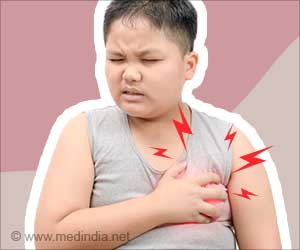Mental health disorders can kill the person affected too, if he or she too is treated in public systems in USA.
More and more damning indictment of the public health system in the US keeps tumbling out every other day. In the latest, it has been stated that adults with serious mental illness and treated in public systems die about 25 years earlier than Americans overall.
The gap has widened since the early '90s when major mental disorders cut life spans by 10 to 15 years."We're going in the wrong direction and have to change course," says Joseph Parks, director of psychiatric services for the Missouri Department of Mental Health. He's lead author of the report from eight states — Maine, Massachusetts, Rhode Island, Oklahoma, Missouri, Texas, Utah and Arizona.
About 60% of the 10.3 million people with serious mental illness get care in public facilities, 90% as outpatients, Parks says. They have illnesses such as schizophrenia, bipolar disorder and major depression. Although the mentally ill have high accident and suicide rates, about 3 out of 5 die from mostly preventable diseases, he says.
Obesity is a serious problem. These patients often get little exercise, and many take a newer type of anti-psychotic, on the market for 18 years, that can cause drastic weight gains, promoting diabetes and heart disease, Parks says. He thinks these drugs are contributing to deaths from cardiovascular disease. Many could be switched to safer medicines. Mentally ill adults also are more likely than others to have alcohol and drug-abuse problems.
Andrew Leuchter of the School of Medicine.in the University of California, points to the problems in public health systems. Getting appointments even for simple problems like high blood pressure is proving difficult. "The public health system is under-funded, and it's gotten worse over the years," he adds.
Sometimes internists disregard medical symptoms of the mentally ill, chalking them up to the patient's disorder, says Kenneth Duckworth of the National Alliance on Mental Illness. And needed treatment may be harder to get. He points to a study showing that after the mentally ill suffer heart attacks, they're less likely than other patients to get state-of-the-art care.
Advertisement
Source-Medindia
GPL/B











